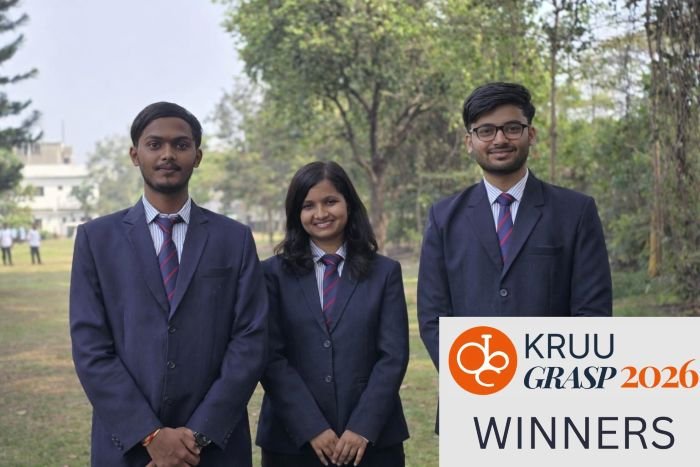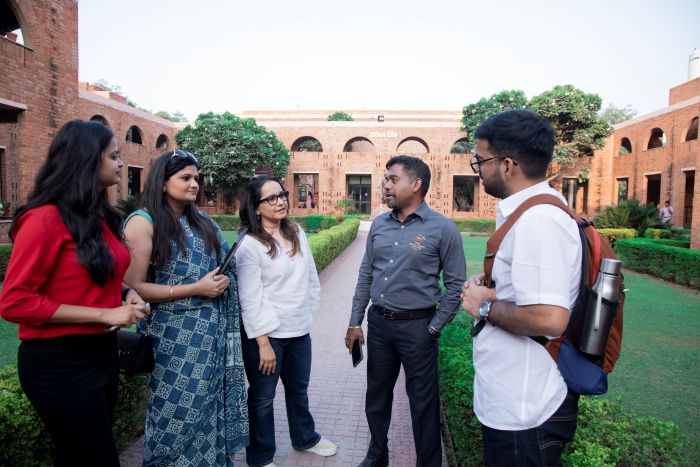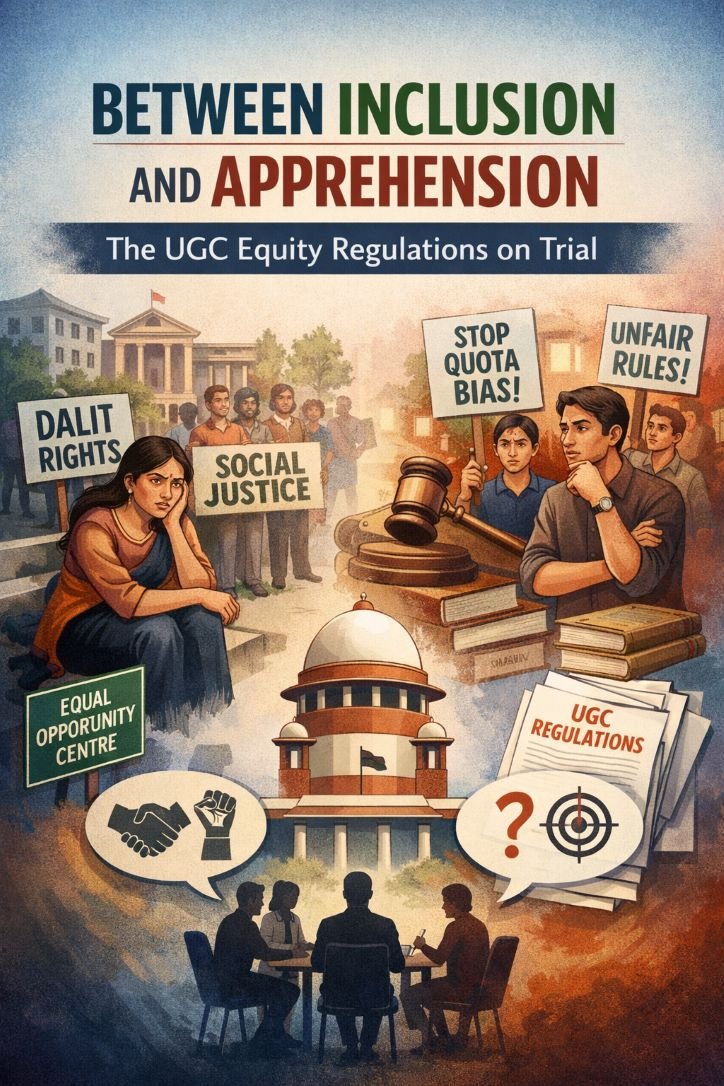
By Vipul Solanki – CEO and Co-Founder at FVEG
Research suggests expanding horizons through diverse extracurricular activities that offer practical learning experiences and developmental opportunities can enhance student employability skills. Unique extracurriculars beyond sports may help them prepare for the challenges of a competitive labour market, promoting mental health and wellbeing, investigating global and cultural perspectives, and fostering personal development and self-discovery
 Higher education institutions are realizing the value of providing distinctive extracurricular activities beyond sports and crafts in the quickly changing world of today. Traditional extracurricular activities like sports teams and art and craft projects undoubtedly enhance a well-rounded education. However, the necessity for a variety of possibilities will only increase with time, as students can now gain from a wider range of experiences.
Higher education institutions are realizing the value of providing distinctive extracurricular activities beyond sports and crafts in the quickly changing world of today. Traditional extracurricular activities like sports teams and art and craft projects undoubtedly enhance a well-rounded education. However, the necessity for a variety of possibilities will only increase with time, as students can now gain from a wider range of experiences.
Students can explore their interests and learn a variety of skills through a variety of activities like debating forums, coding clubs, environmental conservation projects, social entrepreneurship efforts, and even culinary arts programs. In addition to improving their academic learning, these engaging activities help students venture outside of their comfort zones and widen their worldviews—all of which are crucial for both their personal and professional lives. They also better prepare them for the challenges of the real world.
Unique extracurriculars challenge students to think creatively, push their boundaries, and explore new passions. This not only builds character but also fosters a lifelong love for learning, which is crucial in an ever-changing world.
Meeting the Demands of a Competitive Job Market
In the given scenario today, a competitive employment market, businesses are searching for applicants with more than just academic credentials. Unique extracurricular activities can give students a competitive edge by helping them develop skills that are highly valued in the workplace. Employers often seek individuals who have demonstrated leadership, teamwork, creativity, and the ability to solve complex problems—qualities that are nurtured through engaging in diverse extracurriculars.
Students can build these competencies by participating in extracurricular activities that emphasize technology, entrepreneurship, and global perspectives. Engaging in events like hackathons, business plan competitions, and international exchange programs can help students stand out during job interviews. Higher education establishments can better prepare their students to handle the demands of a more dynamic workforce by providing distinctive extracurricular activities.
Supporting Mental Health and Wellbeing
The pressure of academic life can take a toll on students’ mental health; that’s why higher education now places a stronger emphasis on the value of mental health and well-being. Engaging in unique extracurricular activities can provide a much-needed outlet for stress and anxiety. Activities that emphasize mindfulness, such as yoga, meditation, and nature retreats, help students manage stress and build resilience.
Additionally, involvement in community service projects can also foster a sense of purpose and fulfillment, contributing to the overall well-being of students. By prioritizing such mental activities through diverse extracurricular activity options, higher education institutions can create a very supportive and nurturing environment for their students.
Exploring Global and Cultural Perspectives
In an increasingly interconnected world, students must understand and appreciate diverse cultures and perspectives. Extracurriculars that involve international collaboration, cultural immersion programs, or language exchange groups expose students to different worldviews. These activities not only enhance students’ global awareness but also prepare them to work in multicultural environments.
Students that engage in cross-cultural communication activities gain tolerance, open-mindedness, and cross-cultural communication abilities. Cultural sensitivity is highly recognized in today’s globalized work market and culture; thus, these are crucial qualities.
Encouraging Personal Growth and Self-Discovery
Extracurricular activities provide a platform for students to explore their passions and discover their true potential. Whether it’s through creative writing, performing arts, or scientific research, these activities gain confidence and a sense of purpose. These experiences encourage reflection, helping their strengths and weaknesses and interests more deeply. Students can take risks, learn from failures, and celebrate successes, all of which contribute to their development as confident and resilient individuals.
Conclusion
The need for unique extracurricular activities in higher education cannot be overstated. By expanding horizons through diverse activities, meeting the demands of a competitive job market, supporting mental health and well-being, exploring global and cultural perspectives, and encouraging personal growth and self-discovery, these activities play a vital role in shaping well-rounded and capable individuals. As higher education institutions continue to evolve, it is essential to prioritize and invest in unique extracurricular programs that cater to the diverse needs and interests of students.








